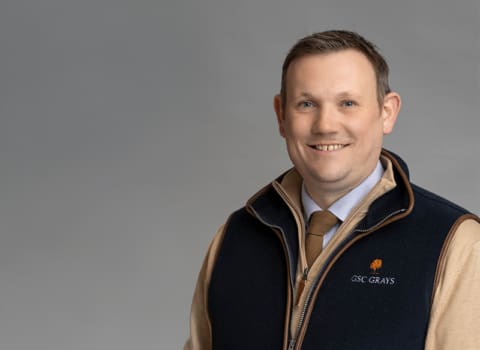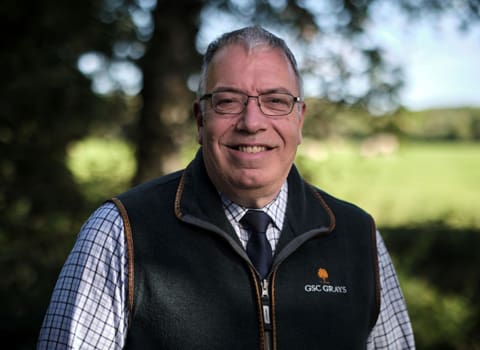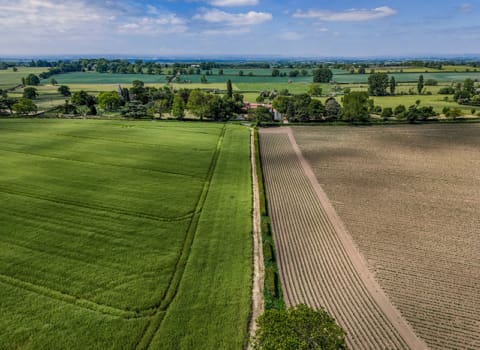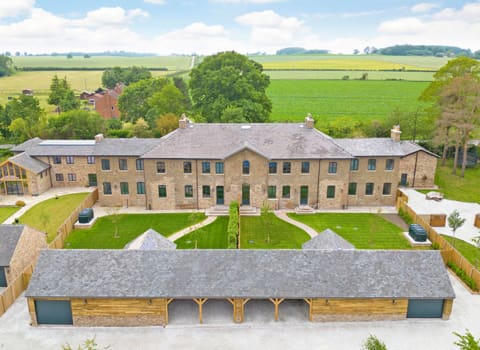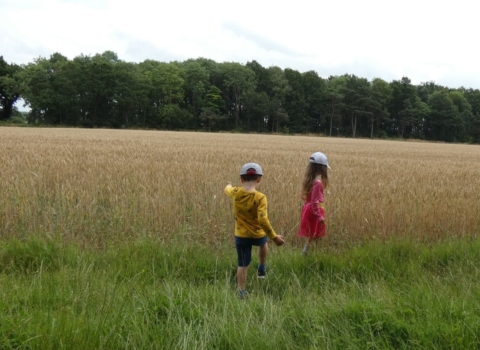Contact our offices
Main office
COLBURN
5 & 6 BAILEY COURT
COLBURN BUSINESS PARK
RICHMOND
NORTH YORKSHIRE
DL9 4QL
Estate Agency Offices are located in
BARNARD CASTLE, BOROUGHBRIDGE & RICHMOND
Residential Management Team
Our Offices
- Alnwick
01665 568310
Email Officealnwick@gscgrays.co.uk - Barnard Castle
01833 637000
Email Officebarnardcastle@gscgrays.co.uk - Boroughbridge
01423 590500
Email Officeboroughbridge@gscgrays.co.uk - Chester-Le-Street
0191 3039540
Email Officechester-le-street@gscgrays.co.uk - Colburn
01748 897630
Email Officecolburn@gscgrays.co.uk - Driffield
01377 337180
Email Officedriffield@gscgrays.co.uk - Hamsterley
01388 487000
Email Officehamsterley@gscgrays.co.uk - Hexham
01434 611565
Email Officehexham@gscgrays.co.uk - Kirkby Lonsdale
01524 880320
Email Officekirkbylonsdale@gscgrays.co.uk - Penrith
01768 597005
Email Officepenrith@gscgrays.co.uk
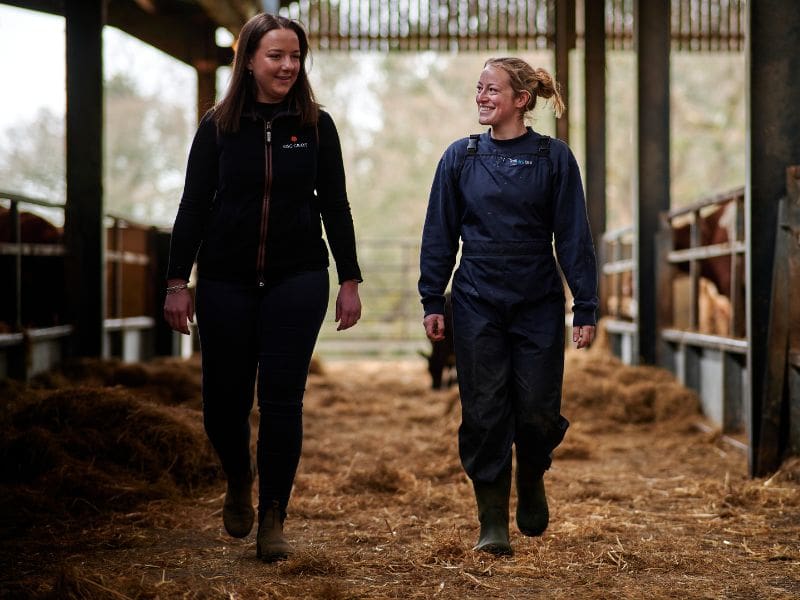
FARMER ASPIRATIONS
At a recent Farm Business Breakfast, we asked our guests to tell us what the three most pressing concerns were for their farming businesses at present. The first reply we wrote down on our flipchart was, and I quote, “to make money, to make more money and to live long enough to enjoy it.”
At first, I thought this answer was somewhat tongue-in-cheek. However, when I came to consider it, he was delivering a very honest and deliberate message. Namely that his farming business needed to make more money to be sustainable, but in generating that extra income and profitability, it needed to be achieved in a way that did not impose an unrealistic level of stress and pressure on the family as individuals.
Sustainability is a word which we hear a lot at the moment, almost to the point where I would suggest it is overused.
However, in the context of a farming business, I believe it has two principal meanings. Firstly, it relates to the environmental sustainability of the farming activity. Secondly, it is all about the financial viability of the farming business for the future. I believe these two different meanings are becoming ever more closely linked.
From a financial perspective, to be sustainable a farming business must, in each year, generate sufficient profitability and, most importantly, cash to provide for the following four key areas:
- The private needs of the family or business owners involved.
- The servicing and repayment of business funding.
- The payment of tax.
- The funding of appropriate reinvestment.
If it is unable to do this, then a fundamental change is needed. We believe the four key stages involved in the process of achieving successful change within a business are:
1. MINDSET – THE ATTITUDE TO CHANGE
The most important first step is to recognise and accept that change is needed in the first place. This recognition is very definitely half the battle, but it is something that some people find much easier to achieve than others. It is all about mindset, but once achieved, it opens the door to the wholly positive and creative process of exploring what that change might look like for the future. Some businesses may need some additional help or encouragement to take this first step.
2. REVIEW AND APPRAISE
Once this positive approach to change has been established, the second crucial step is to review what that change might look like and indeed the scale of the change required, to establish and create a successful farming business for the future.
This may be very different for some businesses than for others, depending on where they start their journey.
For some, relatively minor adjustments to enterprise mix or cropping or stocking policy may be all that is required. To this successful core business, the family may then be able to consider new opportunities or ventures, such as Countryside Stewardship, which obviously links particularly well with environmental sustainability.
Other considerations may be new ventures or enterprises linked to a particular passion or interest that one of the family members can bring to the benefit of the business overall.
However, for some, more fundamental and far-reaching change or business restructuring may be required, particularly if the borrowing levels within the business are rather higher than is currently affordable. With interest rates currently heading in only one direction, this is an issue which is uppermost in many people’s minds.
Whatever the scale of change required, the process we are advocating here is in many ways exactly the same. It is to undertake a careful, thorough, and realistic review of where the business is at present, and what degree of change would be necessary to meet the family’s requirements.
3. PLAN
Once a review is complete, the next key step is to plan how you can make those changes or restructure the business as appropriately and effectively as possible.
Essentially, you are creating a business plan for change. It will set out where you are intending to end up and budget the newly configured business once it is fully up and running and established.
Secondly, it will allow you to plan and budget realistically for the journey to get there. It will include a number of fundamental ingredients including enterprise plans, cash flow forecasting, profit and loss budgeting and indeed the careful consideration of any investment that may be required in order to make your plan a reality.
Very importantly, it will also consider the physical aspect of delivering your business plan, the key roles that each individual will take in that delivery and allow the opportunity to make sure the physical demands on everyone are as sustainable as the financial results.
4. POSITIVE AND DECISIVE ACTION
This comes into play once the review and the planning stages are completed and that is you then take very positive and decisive action to implement the changes you have so carefully researched. Almost certainly, many businesses require a team to help them achieve this. This may include an accountant, bank manager, legal advice (depending on what is being considered), and of course, the services of a good farm business consultant.
In concluding my thoughts, I want to recognise that as consultants we appreciate that change – and even contemplating change – can be quite a frightening experience.
Farming, I am sure, can feel a fairly isolated occupation particularly when so many things that are fundamental to our industry, such as the Basic Payment Scheme, are changing so radically. These changes do not have to be considered or researched alone.
There is help at hand and we would absolutely encourage anyone to consider reaching out for a second opinion to help them with these fundamental decisions.
To end on a very positive note, we are greatly encouraged by how many farming families are already tackling fundamental change with a really positive and creative attitude and building for a much more ‘sustainable’ future as a result.
I believe our Farm Business Breakfast guest hit the nail on the head when he highlighted the need to make more money. But just as important was his considered wish to be around long enough to enjoy the fruits of his labours.



